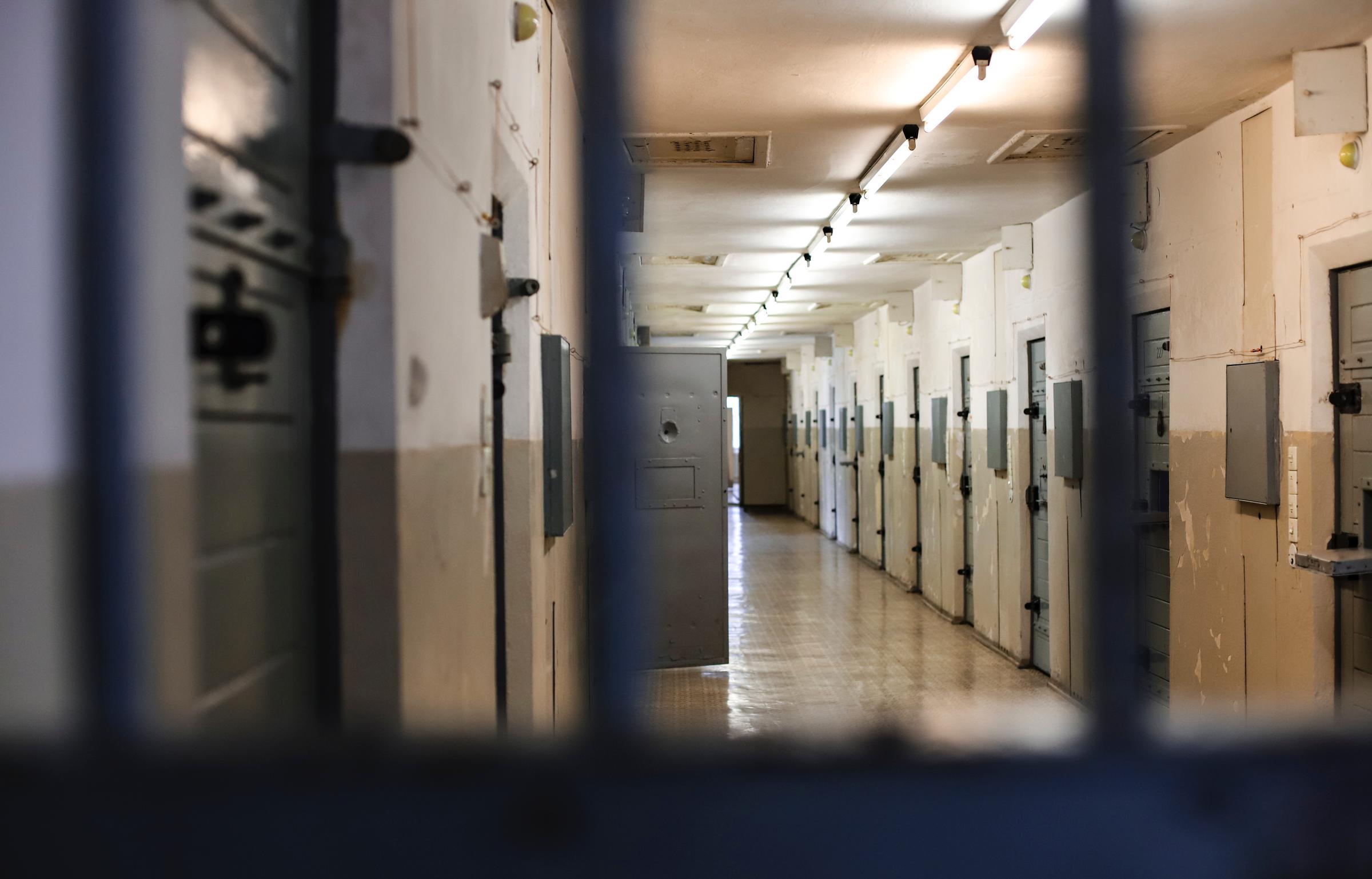Florida drags its feet on criminal justice reform

Floridians are currently serving outdated sentences under defunct drug laws, even as those rules have changed. As lawmakers start to undo the damage done by mass incarceration, we should give justice to those stuck behind bars. It is time to bring our criminal justice system up to date.
In the 1990s, at the height of criminal enterprise and drug-related violence in Florida, the state Legislature passed a number of laws designed to harshly punish even the smallest drug-related offenses. These measures, implemented all across the country, are collectively referred to as mandatory minimums.
These laws have often caught Floridians in a state of perpetual imprisonment and have proven to be a huge contributing factor to mass incarceration. They lead to disproportionate punishment to many who have committed low-level drug crimes. The American Civil Liberties Union (ACLU) has pointed out that many of these laws have led to racial disparities and many judges around the country have complained that these laws take away from their discretion.
In recent years, some of Florida’s drug laws have been amended. For instance, in 2014, the threshold for serving 15 years in prison for selling pills like hydrocodone, an opioid used to treat moderate to severe pain, was changed from selling 22 pills to selling 77 pills.
Prior to 2018, people incarcerated under the old laws still had to serve out their sentences, even as the statutes had changed, per the Florida Constitution. Luckily, in the last election cycle, Florida voters were given the opportunity to weigh in on this dysfunctional system.
In 2018, Florida voters approved Amendment 11, which, among other things, removed that constitutional provision. The amendment was ratified with 62 percent of the vote. This law would mean that inmates currently serving mandatory minimums could be resentenced for a more reasonable time in prison, provided that the state Legislature lay out the rules on resentencing for judges to follow.
Yet, research from the Project on Accountable Justice has found that an astonishing 640 inmates are serving sentences longer than the laws (that are currently on the books) dictate. Despite Floridians’ approval for Amendment 11, the state Legislature has taken shockingly little action to lessen the sentences of individuals who have been impacted by mandatory minimums.
Judges are not able to resentence the 640 inmates currently serving outdated sentences because there is not a “framework for judges to follow,” according to reporting by the Tampa Bay Times.
Why is it that amendments approved by the voters are constantly undermined by the Florida Legislature? The state should respect the will of the voters and follow up on their end of the bargain.
It is crucial that the state Legislature give judges a roadmap to ensure that we give just sentences for these inmates.
Jared Sellick is a senior studying political science.







